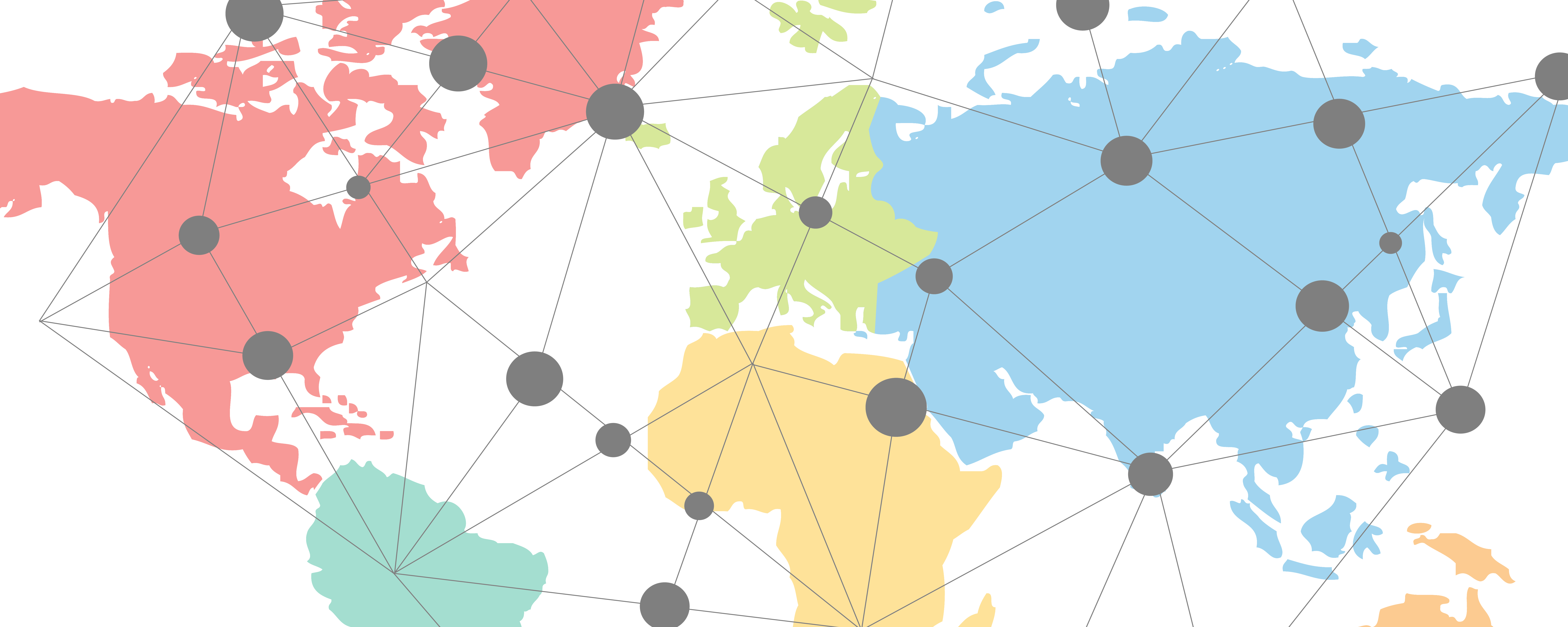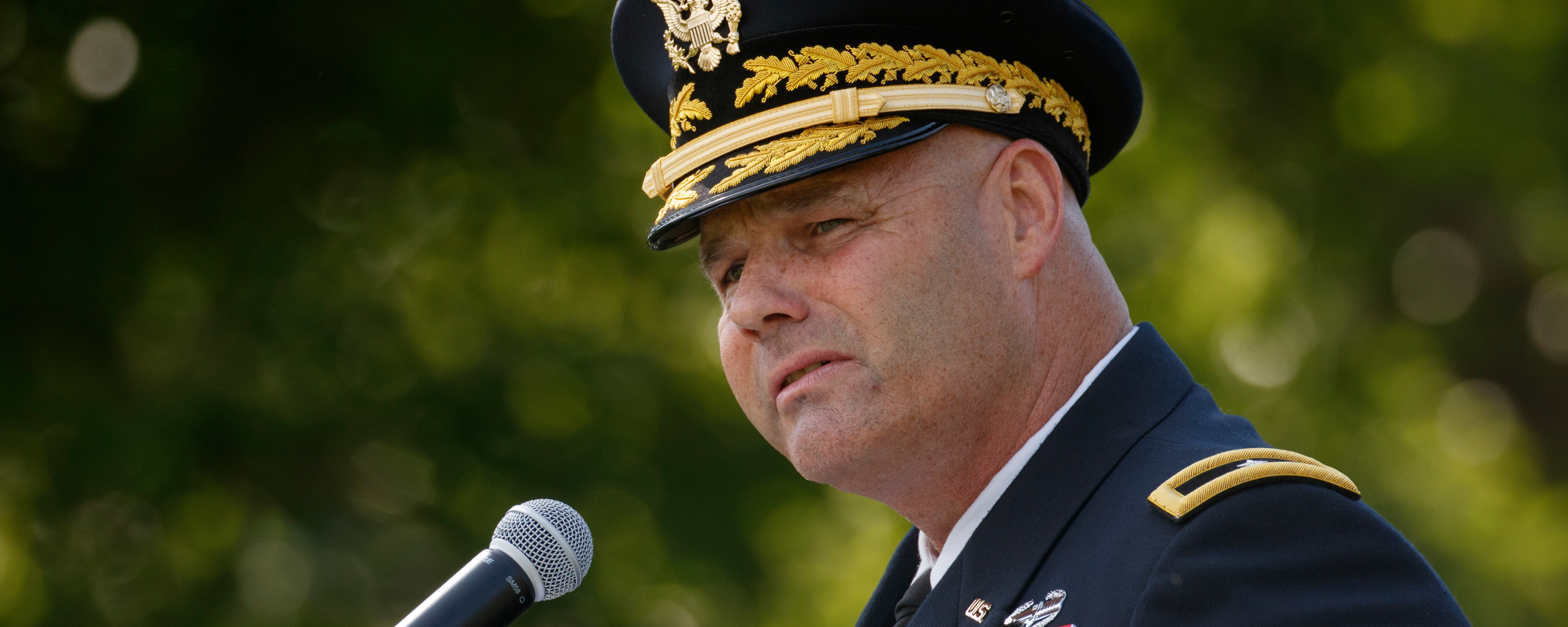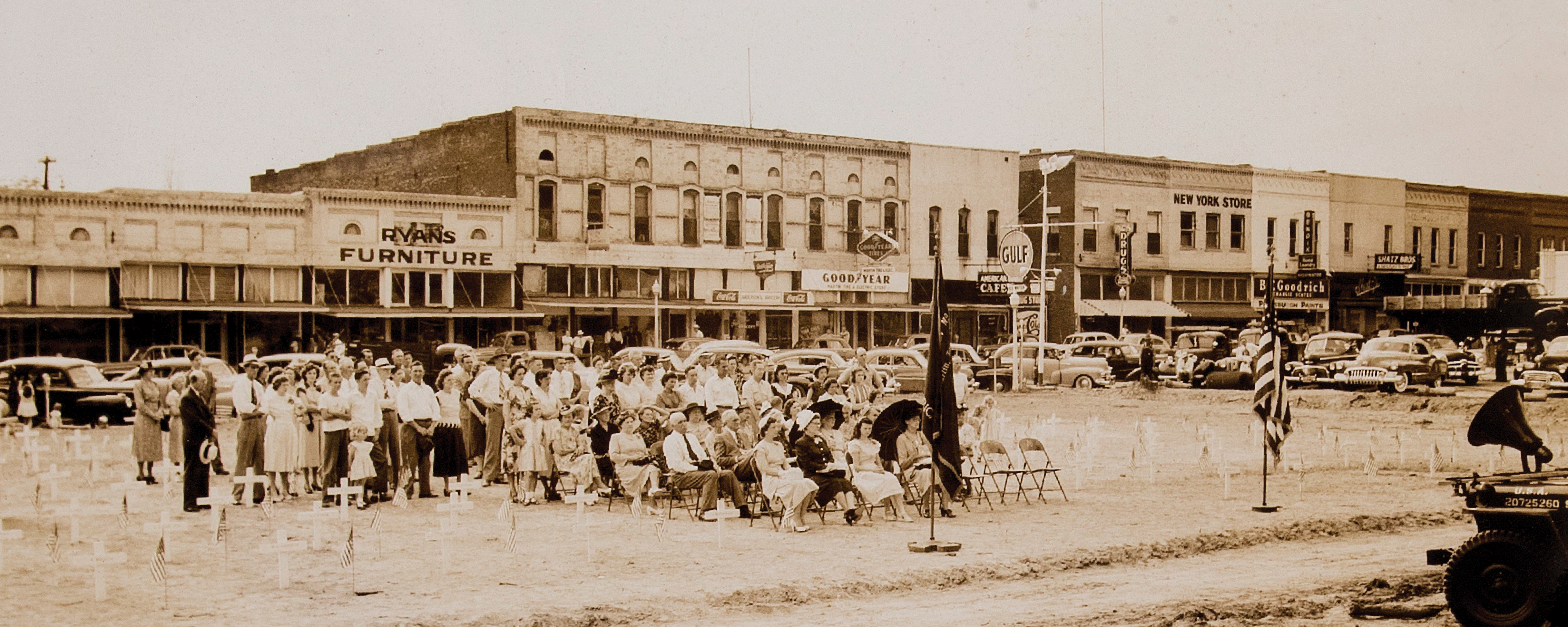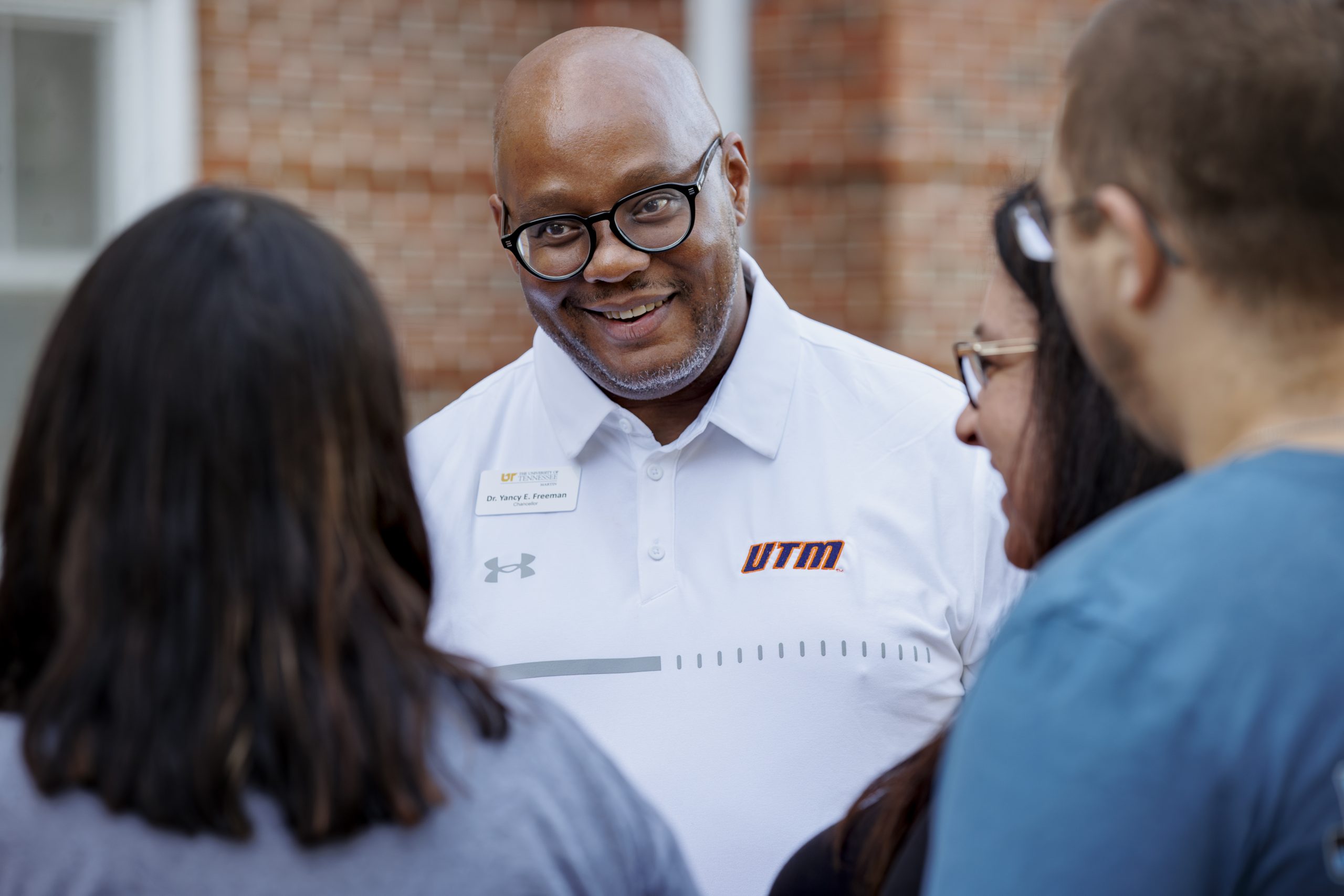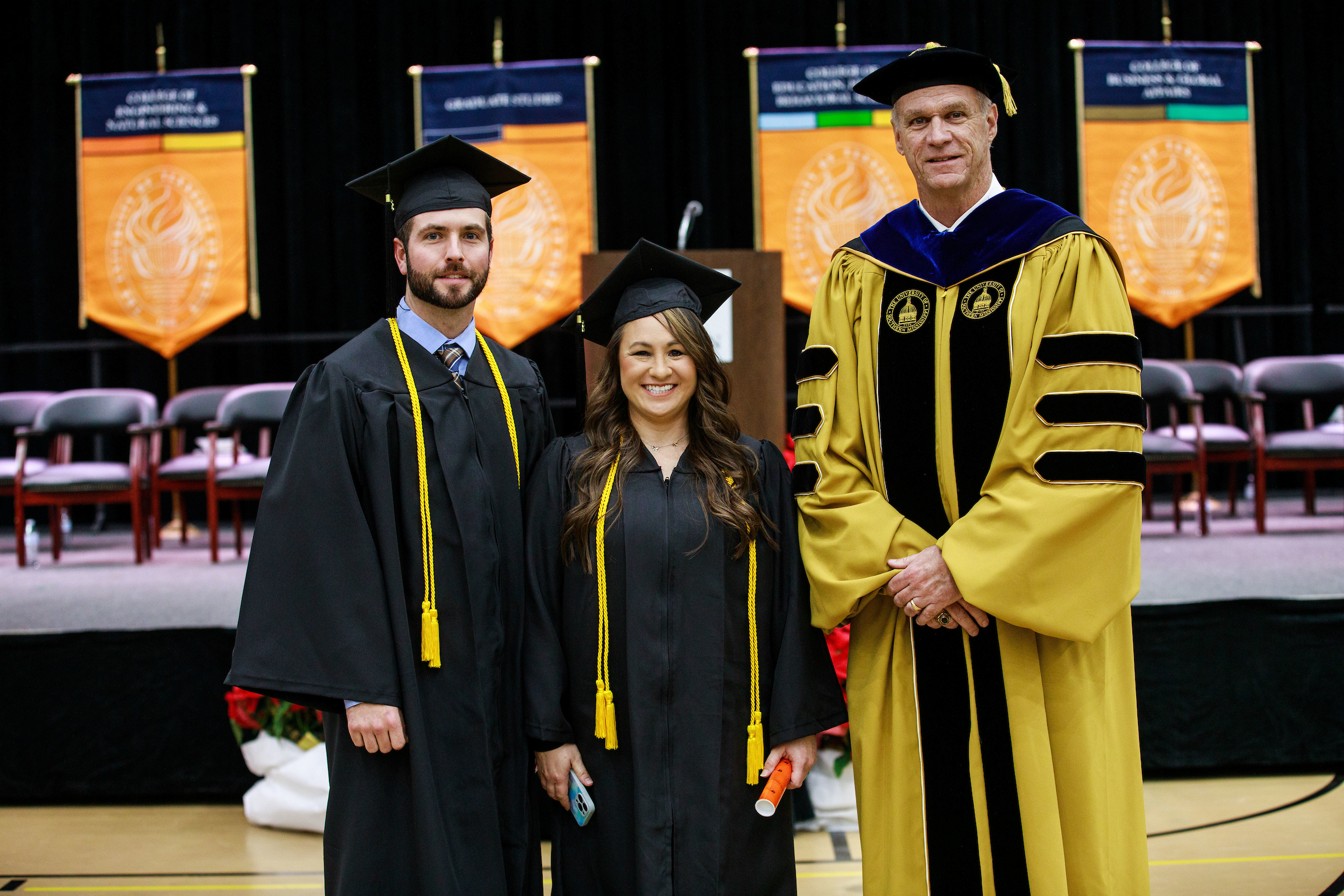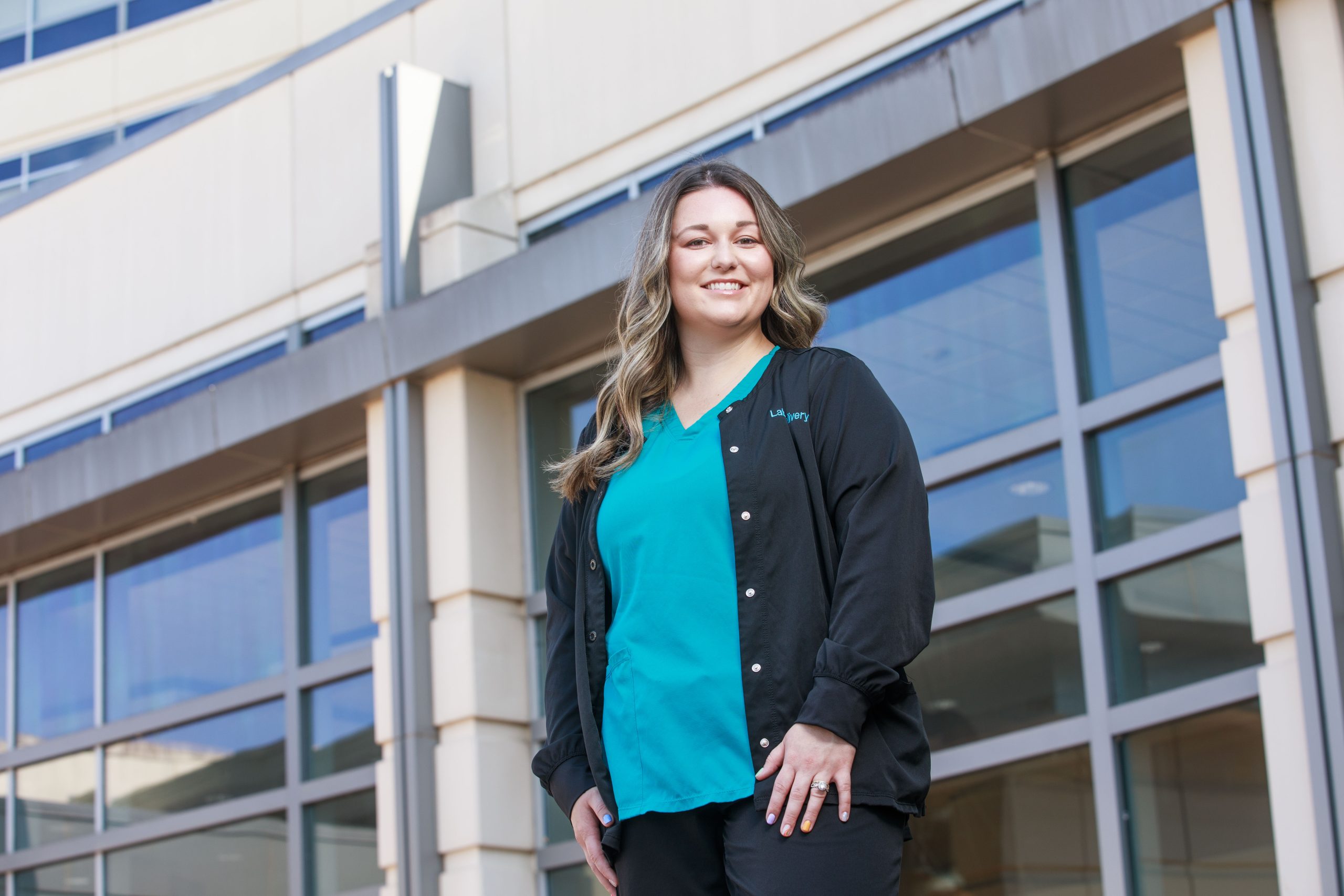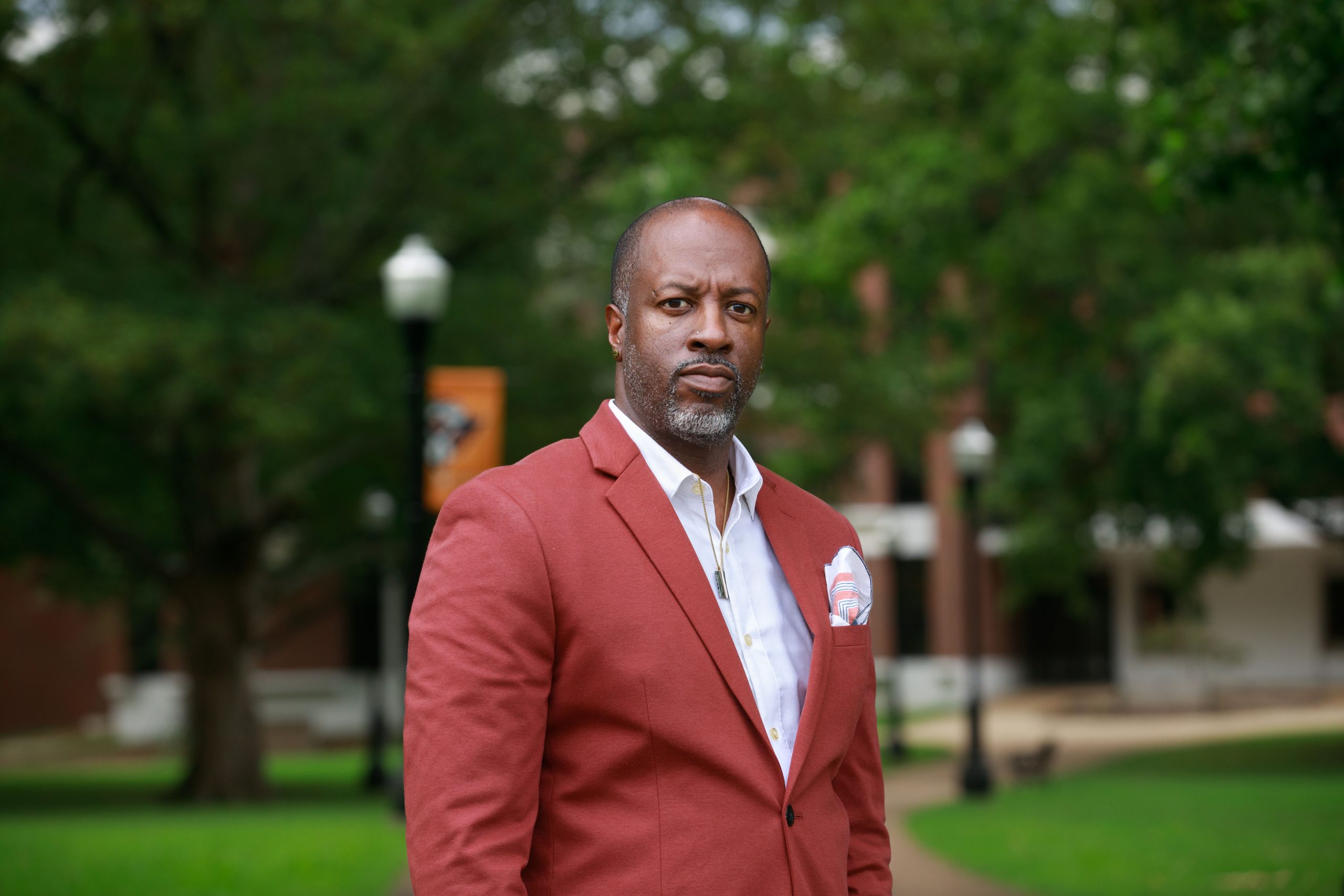Alumni at Switchboard Missions answer the call
Story by Erin Chesnut
When Jana Ogg (‘08) and her business partners first created Switchboard Missions in 2011, they started down a path to meet the needs of communities around the world. However, it wasn’t long before they realized those needs – both physical and spiritual – were not always what Switchboard leaders expected them to be.
“There is a such a tendency to assume that we know what is best, but what is best in my culture is often not best for another,” says Ogg.
In an early instance of cultural conflict, Ogg and her team saw tensions rise between mothers and village leaders while distributing mosquito nets in Northern Uganda. Several needy families had not received nets because the village leaders had taken too many with the intention to sell them after the missionaries returned home.

“I asked Walter (a Ugandan native) how this could have happened. His answer was very simple. He said, ‘It just doesn’t work like this here,’” says Ogg. “I asked why he didn’t tell me that the program we had planned wouldn’t work, and he put his head down and said, ‘You are the boss. You are the one with the money. You never asked.’”
This lesson was a hard one to learn, but it has helped the leadership at Switchboard Missions reach out to communities around the world and work to meet them where they are and help solve the problems they are facing.
“I think one of the hardest things about working in other cultures is our innate inability to think outside of who we are. Everything I do, everything I think and everything I am comes from millions of different influences throughout my life, and it’s impossible for me not to see the world through the lens of those experiences,” says Ogg. “In light of my experiences in my culture, I come to the conclusions that make the most sense to me. But when working with other people in other contexts, those same conclusions can be drastically different. … In order to join hands with other cultures, we must level the playing field and humbly come together as equals. I must put aside what I personally deem best and have open ears to hear and accept solutions that are foreign to me.”
This same visit to Uganda also changed the way Switchboard Missions views global ministry as a whole. They now work to equip indigenous leaders to take the Christian faith to their own countrymen rather than providing outside ministers in each area.

“We saw huge needs there in Northern Uganda and immediately began to tackle some of them by providing physical aid like poultry farms, mosquito nets, shelters, etc. … We began to notice that, though the people were appreciative, we really weren’t making a long-term impact,” she said. “We began praying, asking God what His heart for global missions was, and the answer came clearly through a few of the village elders. They stopped and visited us in our hut and sincerely thanked us for everything we had been doing to help them. Then they humbly said, ‘If we could ask, we really know that our community just needs more of Jesus. Can you help our churches? Can you help our people get Bibles?’
At that moment a lightbulb went off in our heads!” said Ogg. “We – Americans, white missionaries – are not God’s plan A. The local church is God’s plan A. … They know their culture. They know their local church. They know their language. They already live at the level of the people they serve, thus removing many social barriers.”
“Rather than imposing our Western ideals and solutions, we simply want to shoot adrenaline into their plans and their ministries.”
It was then that Switchboard Missions changed course and shifted its focus from providing largely for the physical needs of a community to training indigenous peoples in every nation to take on the task of teaching the gospel to their own people in a way those people can best understand it.
“From that moment, we decided to take a stand – not as this big, global organization we had dreamed of being, but as supporters of the men and women across the globe humbly leading their countries toward Christ,” said Ogg. “Rather than imposing our Western ideals and solutions, we simply want to shoot adrenaline into their plans and their ministries.”
“The work we get to do is humbling. To get to go all over the world and see these incredible pastors and leaders who love their churches and their families and their kids, and who wake up every day with a heart to serve God and see those around them come to know Jesus, is a privilege,” said Josh Weiss (’12), who began working with the mission as an intern before graduation and is now serving as board president.

“I think of Paster Odong Ping James in Northern Uganda,” he said. “If you were to meet him, he isn’t much by our American standards of significance. He lives on just a few dollars a day. His church is made from mud, trees and grass. He rotates through the same three or four pairs of clothes. … He’s been a part of launching dozens of churches across East Africa, and we’re in the process of working with him to launch two more, one in his native Uganda and one in Kenya. He’s the kind of man I aspire to be; I’m just grateful to know him.”
Switchboard Missions, based in Nashville, has grown from working in only one country to serving 12 countries in the past two years. Ogg herself has visited 34 different countries and makes an average of five international trips per year, a number she expects to grow as additional countries are added to the mission’s list. Weiss has spent time in 17 different countries and is excited to see that number increase as well.
“Our work looks drastically different in each country because every country is unique, but in each place we get to work alongside amazing leaders across the globe and watch God give hope to the hopeless one country at a time,” said Ogg.
Personnel with Switchboard Missions visit certain towns in each country throughout the year and work with local leaders and teachers to help them better understand the gospel and develop the tools needed to spread that message in their local areas. Switchboard missionaries teach both group and individual Bible classes and equip these local preachers to go out and introduce their friends, family members and neighbors to Christ.
“What we get to do at Switchboard is important because, all over the world, there are thousands of leaders like Odong Ping James – men and women who have a passion to see their communities, countries and continents impacted by Jesus Christ. They wake up every day with a singular focus to know God more deeply and teach others to do the same and, unlike us, they have the local contacts, the cultural intelligence and the linguistic skills to reach their neighbors,” said Weiss. “They simply need someone to come alongside them, resource and equip them, and then unleash them to do what God has called them to do.”
“We believe that the global church can function at its best when we are working together, and Switchboard is paving the way to connect, equip and empower church leaders across the globe,” said Ogg. “Our goal is never to become a massive nonprofit that is known in every household, but rather to equip and empower local leaders all across the world to make a difference in their communities through the local church.”

Switchboard personnel hope to see a domino effect across the globe, where one local leader teaches five of his or her neighbors who then go out to teach their neighbors and so on until the entire world has heard about the gospel.
“These leaders are the ones making a difference; we just get a front row seat to the action,” said Weiss.
“I can never understand what it would be like to live through the longest siege of a capital city in modern warfare like the people of Sarajevo, Bosnia, or how it feels to sleep in the bush every night for 20 years as a child because of the Lord’s Resistance Army (a guerilla warfare group) in Northern Uganda. I will never be able to relate to the threat of persecution in India. … I’ve never had to fear being sold into sex slavery like the women of Cambodia or the constant threat of guerrilla warfare that the Congolese must face,” said Ogg. “I am simply not the best person to lead well in each of these countries. But when we come behind leaders who were formed by their own cultures, we start to see growth and progress that far outreaches the limits we initially brought to the table.”
Weiss says his interactions with the men and women of these countries reminds him how small one person can be in relation to the world at large.
“There is simply nothing like being overseas to show you just how small and insignificant you are. If there are 7.5 billion people in the world, 7.49 billion of them currently don’t have (or will ever have) any idea who Josh Weiss is,” he said. “On the days when I’m tempted to think too highly of myself, remembering my time overseas and those 7.49 billion people brings me back to reality. … With every new country I visit, my world keeps getting bigger, and I keep getting smaller.”

In this age of social media and global connectivity, Switchboard Missions is taking advantage of a unique opportunity to link arms with communities around the globe and meet them where they are, rather than where Western missionaries expect them to be.
Thanks in part to a firm UT Martin foundation, Switchboard Missions, with Ogg and Weiss at the helm, is working to impact the present and future of countless souls around the globe, one local leader at a time.
Advice to young alumni:
“Just work. Stop analyzing your future and contemplating the hundreds of options afforded to you, and just jump in wholeheartedly and do something. When you’re (young), say ‘yes’ to everything. Throw it all against the wall and see what sticks. Don’t be picky. Work for free if you have to. Eventually, if you’re good enough, they’ll pay you. And even if they don’t, what you will have learned along the way will be worth it.” – Josh Weiss (’12)

